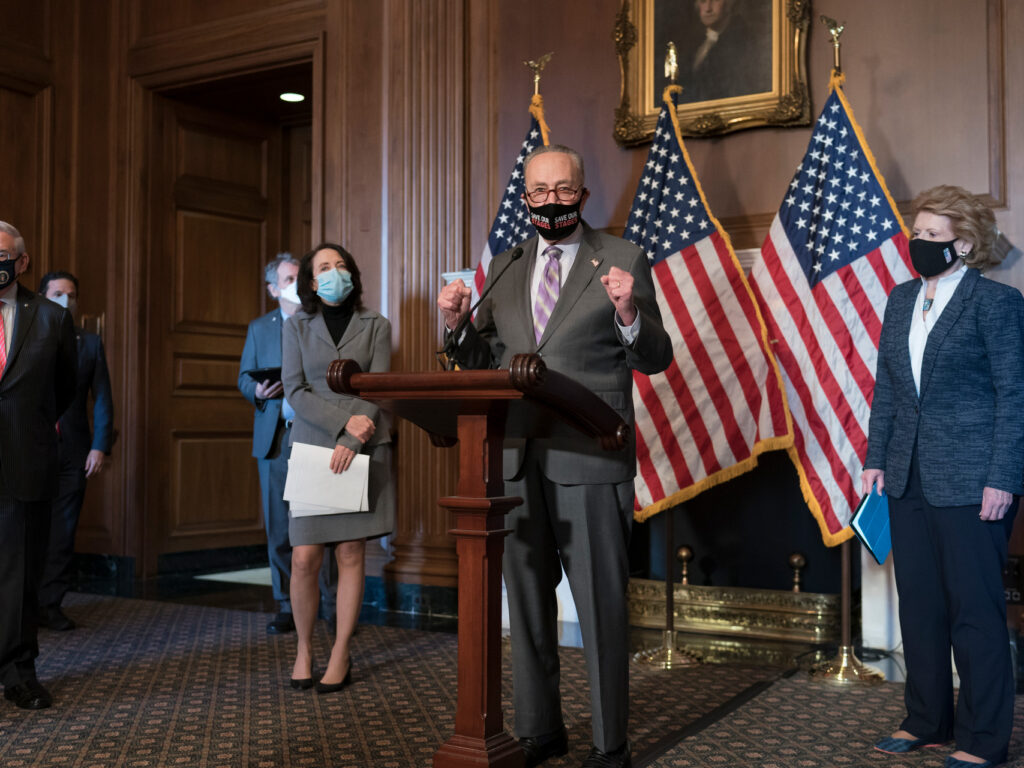The Surge of $1B Senatorial Bids: A Game-Changer in American Politics

Introduction:
In the world of American politics, campaigns for senatorial positions have always been known for their intense competition and high-stakes battles. However, in recent years, a new phenomenon has emerged that has shocked both political analysts and the general public alike: the rise of $1 billion in senatorial bids. This article delves into the increasing trend of candidates investing unprecedented amounts of money in their pursuit of a seat in the Senate, examining its implications for democracy, public perception, and the future of political campaigns.
I. Understanding the $1B Senatorial Bids
1.1 Definition and Origins
- Definition: A senatorial bid refers to a candidate’s campaign to secure a position in the United States Senate.
- Origins of the trend: The rise of $1 billion senatorial bids can be attributed to a combination of factors, including the Supreme Court’s Citizens United decision and the influence of wealthy individuals seeking to leverage their personal fortunes for political power.
- IntroductionIn recent years, the political landscape has witnessed a remarkable shift in campaign financing, with an increasing number of individuals willing to spend exorbitant amounts of money on their senatorial bids. These high-stakes campaigns, often referred to as “$1B Senatorial Bids,” have sparked significant debate and controversy. This article delves into the phenomenon of these multi-billion-dollar campaigns, exploring the implications they have on democracy, political power, and the future of public service.
I. Understanding the $1B Senatorial Bids
A. Definition and Scope
B. Notable Examples
- Explore several high-profile examples of $1B Senatorial Bids, such as campaigns financed by wealthy individuals or self-funded by candidates.
- Highlight key races and candidates who have entered the political arena with unprecedented financial resources.
II. The Implications of $1B Senatorial Bids
A. Democracy and Representation
- Debate the impact of these campaigns on the democratic process, as large financial resources can potentially overshadow the voices of ordinary citizens.
- Discuss concerns about wealth inequality and the disproportionate influence of money in politics.
B. The Role of Political Financing
- Analyze how $1B Senatorial Bids are reshaping the landscape of political financing, as candidates now require immense resources to compete effectively.
- Examine the consequences of these high-spending campaigns on traditional fundraising models and the role of grassroots activism.
III. Criticisms and Controversies
A. Wealth Concentration and Elitism
- Expose the critique that $1B Senatorial Bids contribute to a system where political power is concentrated in the hands of the wealthy few.
- Discuss the concerns regarding the emergence of an elitist class of politicians who may not be representative of the broader population.
B. Inequality in Opportunities
- Explore the argument that these campaigns create barriers for potential candidates without significant personal wealth or access to wealthy donors.
- Investigate the potential impact on diverse representation and the amplification of systemic inequalities.
IV. The Future of Public Service and Campaign Financing
A. Regulation and Reform
- Analyze proposed reforms to campaign finance regulations to address the influence of money in politics and curb the rise of $1B Senatorial Bids.
- Discuss the challenges and feasibility of implementing such reforms.
B. Public Perception and Voter Sentiment
- Explore the potential effects of $1B Senatorial Bids on voter sentiment, trust in the political system, and participation in elections.
- Consider the public’s response to candidates who rely heavily on personal wealth for their campaigns.
1.2 Examples of Notable $1B Bids
- Highlighting prominent cases: Illustrative examples of these massive campaigns include recent bids by business tycoons, technology moguls, and self-made billionaires.
II. The Impact on Democracy
2.1 The Wealth Gap and Representation
- Concerns over wealth-driven politics: Critics argue that the rise of $1 billion senatorial bids reinforces the notion that political power is concentrated in the hands of the wealthy elite, exacerbating the already significant wealth gap in the United States.
2.2 Limited Access for Common Candidates
- A barrier for candidates without vast personal fortunes: The exorbitant cost of running such campaigns effectively limits political participation to those with significant personal wealth or access to wealthy donors. This restricts opportunities for diverse candidates and undermines the principles of fair representation.
III. Public Perception and Trust
3.1 Growing Cynicism and Distrust
- Perceived influence of money on politics: The staggering amounts of money involved in $1 billion senatorial bids have led to increased public skepticism about the influence of wealthy individuals and corporations on politicians and policy decisions.
3.2 Diminished Confidence in the Political System
- Impact on voter confidence: The perception that elections are being bought by the highest bidder can erode public trust in the democratic process, leading to disengagement and disillusionment among voters.
IV. Future of Political Campaigns
4.1 Necessity of Campaign Finance Reform
- Calls for stricter campaign finance regulations: The trend of $1 billion senatorial bids has sparked renewed calls for campaign finance reform to level the playing field, reduce the influence of money in politics, and ensure a more equitable electoral process.
4.2 Embracing Grassroots Movements
Conclusion:
The emergence of $1 billion senatorial bids represents a significant turning point in American politics. While the financial firepower behind these campaigns can provide candidates with extensive resources to convey their message, it also raises concerns about fair representation, democratic access, and public trust. As the debate over campaign finance reform continues, it is crucial to strike a balance between the right to free speech and the need for a more inclusive and transparent political process. Only then can the true essence of democracy be upheld, where the power lies in the hands of the people rather than in the wallets of the wealthy.




